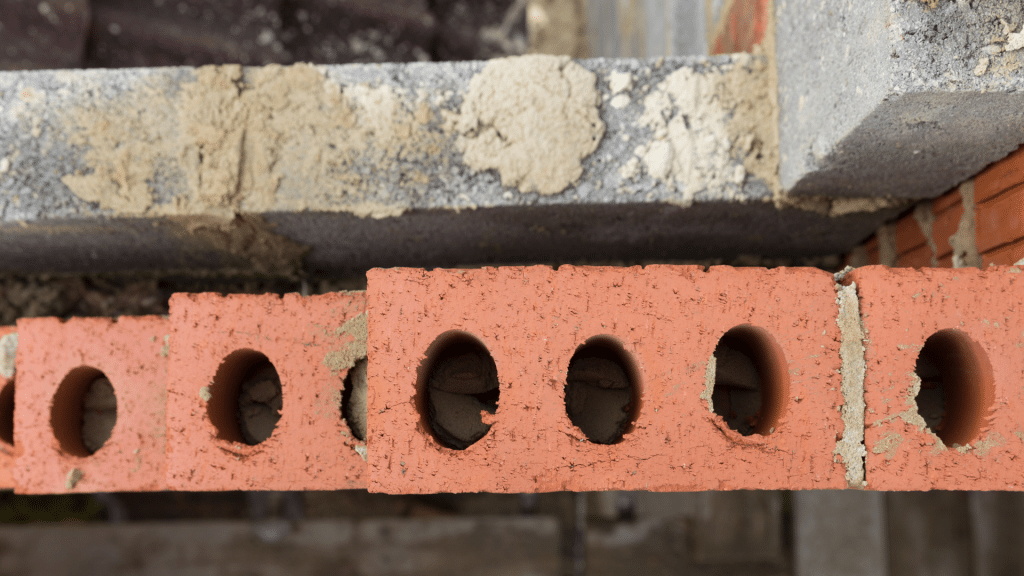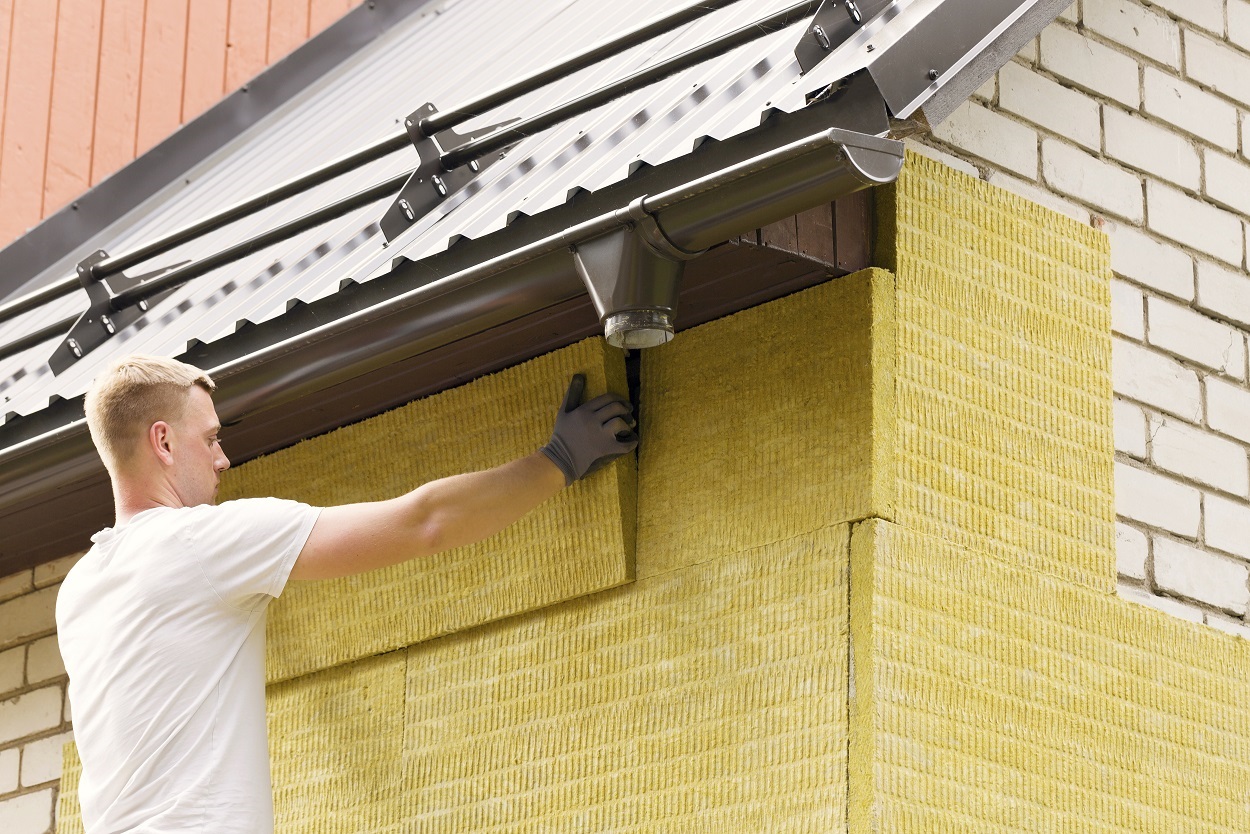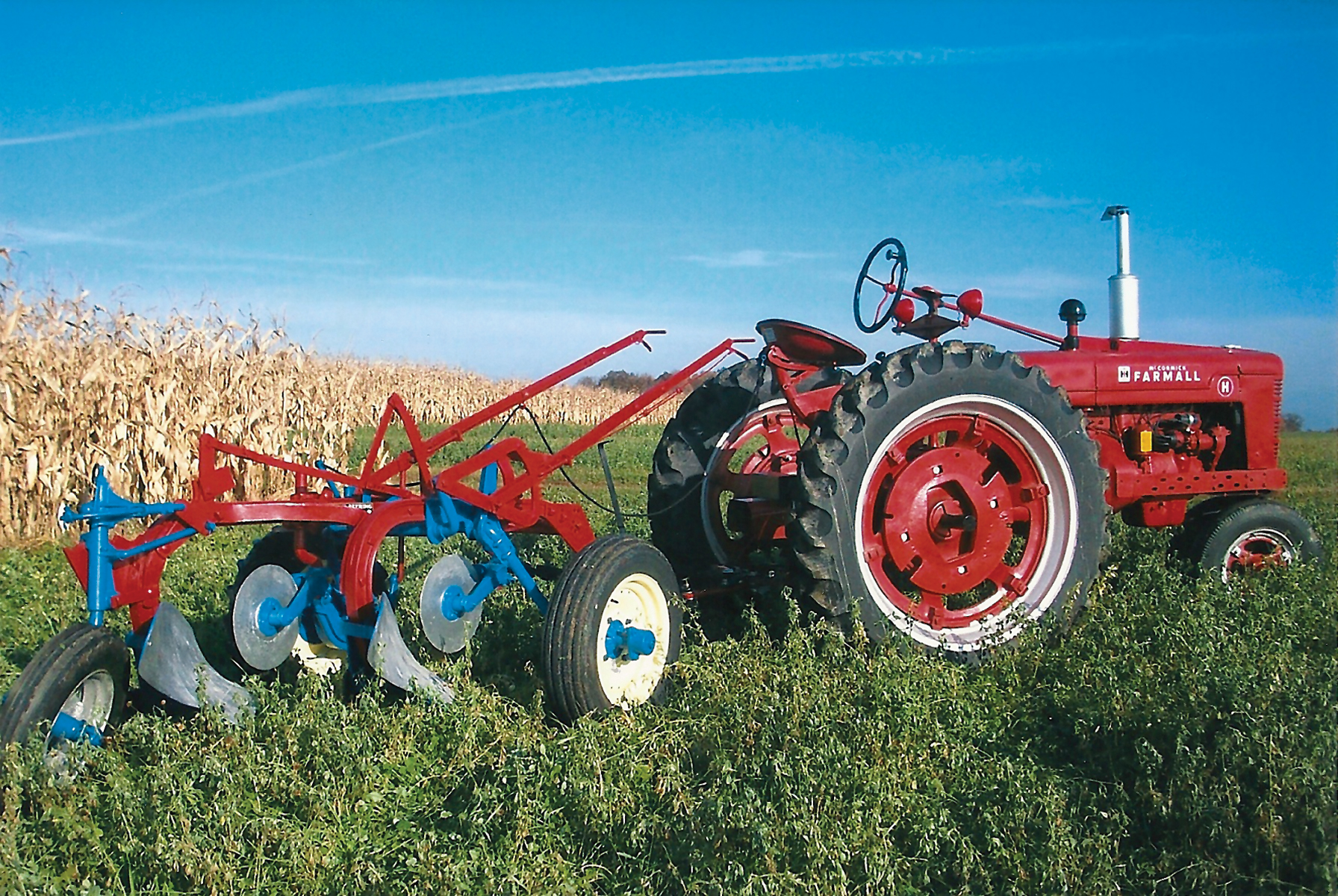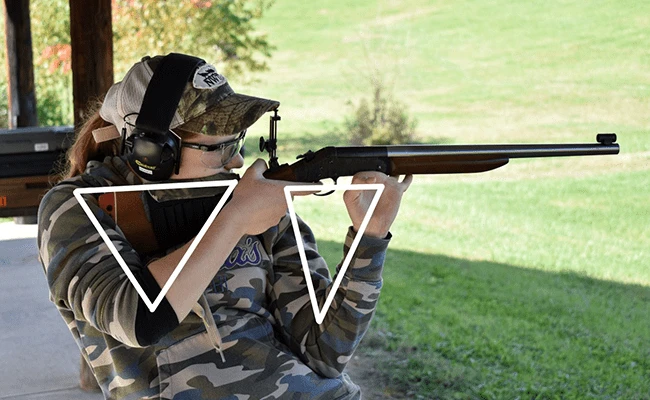When embarking on a construction project, choosing the right materials for the outer cavity skin is a critical decision that impacts the durability, insulation, and overall performance of the structure. Among the options available, two popular choices often come to the forefront: dense concrete blocks and Thermalite blocks. Understanding their characteristics, benefits, and limitations is key to making an informed decision that aligns with your project’s requirements.
Dense Concrete Blocks
Dense concrete blocks are composed of cement, aggregate, and water, cured under controlled conditions to attain higher density and strength. These blocks offer robustness and stability, making them an ideal choice for external walls and cavity construction. The density of these blocks typically ranges from 1800 to 2400 kg/m³.
Advantages of Dense Concrete Blocks

- Strength and Durability: These blocks provide excellent load-bearing capabilities, ensuring the structural integrity of the building.
- Fire Resistance: Due to their composition, dense concrete blocks offer considerable fire resistance, enhancing the safety of the structure.
- Sound Insulation: They have good acoustic properties, reducing noise transmission from the outside.
- Thermal Mass: Their high density allows them to store and release heat slowly, contributing to thermal efficiency.
Limitations
Dense concrete blocks are heavier than some alternative materials, necessitating appropriate support during construction.
While they offer decent thermal mass, they may require additional insulation for optimal energy efficiency.
Thermalite Blocks
Thermalite blocks are lightweight aggregate blocks made from pulverized fuel ash (PFA), cement, lime, and aluminum powder. These blocks are renowned for their excellent thermal insulation properties and ease of handling due to their lighter weight compared to dense concrete blocks. Their density typically ranges from 500 to 1000 kg/m³.
Advantages of Thermalite Blocks
- Insulation: Thermalite blocks possess superior insulation properties, reducing heat loss and aiding energy efficiency in buildings.
- Lightweight: Their lower density makes them easier to handle, transport, and work with during construction.
- Fire Resistance: They offer respectable fire resistance, though not as high as dense concrete blocks.
- Sound Insulation: Thermalite blocks provide decent acoustic insulation, reducing noise transmission.
Limitations
- Strength: Compared to dense concrete blocks, Thermalite blocks have lower load-bearing capacities, necessitating careful consideration in structural design.
- Vulnerability to Moisture: They might be more susceptible to moisture absorption compared to dense concrete blocks, requiring proper moisture management.
Choosing the Ideal Material
The decision between dense concrete blocks and Thermalite blocks for the outer cavity skin depends on various factors:
- Project Requirements: Consider the structural needs, thermal performance goals, and budget constraints.
- Location and Climate: Climate conditions play a crucial role; areas with extreme temperatures may benefit from superior insulation offered by Thermalite blocks.
- Regulations and Standards: Ensure compliance with local building codes and standards.
Final Words
In summary, dense concrete blocks offer strength and durability with moderate insulation properties, while Thermalite blocks excel in thermal efficiency and ease of handling. The choice between the two should be a balanced consideration of structural requirements, thermal performance goals, and practical constraints. Consulting with construction experts and considering specific project needs will aid in making an informed and suitable choice for the outer cavity skin in your construction project.











